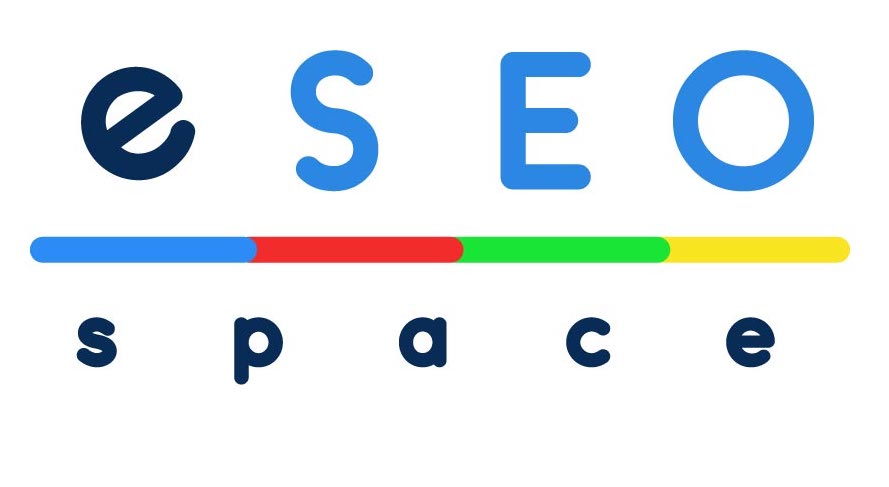A Small Business Owner’s Guide to Financial Wellness After Overcoming Addiction
Addiction can wreak havoc on both personal and professional lives. For small business owners, this can mean the loss of their business, financial instability, and a challenging road to recovery. However, with determination, hard work, and a strategic approach, it is possible to bounce back and rebuild a strong financial foundation. This article, courtesy of eSEOspace, outlines the key steps to take in order to achieve financial recovery after addiction.
Accept the Consequences of Your Actions
The first step toward financial recovery is acknowledging your addiction and accepting that it has led to the loss of your business. PsychCentral notes that this acceptance is crucial in allowing you to move forward and make the necessary changes to regain control over your finances. Be honest with yourself about the extent of your addiction and its impact on your business, and take responsibility for the choices you made that led to this situation.
Lay a New Foundation with a Strong Budget
Creating a budget is an essential tool for managing your finances and working toward financial recovery. Start by listing all of your income sources and expenses, and then categorize them into fixed and variable expenses. Be sure to include all debt payments, living expenses, and any other costs associated with your lifestyle or business. This will give you a clear picture of your current financial situation and help you identify areas where changes can be made.
Understand How to Repair Your Credit
If you’ve struggled with addiction, it’s likely that your credit score has taken a hit. Late or missed payments, collections, and even bankruptcy can all contribute to a poor score. However, rebuilding your credit is possible. First, focus on making on-time payments and reducing debt. You may also want to consider a secured credit card or credit-builder loan to help establish a positive credit history.
Reduce, Eliminate Non-Essential Expenses
Once you have a detailed budget in place, review it closely to identify any non-essential expenses that can be reduced or eliminated. This may include discretionary spending on entertainment, dining out, or unnecessary subscriptions. Cutting back on these expenses can free up more money to put toward paying off debts and rebuilding your financial foundation.
Look for Opportunities to Generate Extra Income
Finding additional sources of income can be crucial in helping you achieve financial recovery after addiction. This may involve taking on a part-time job, freelancing, or starting a new business venture. Starting a business doesn’t have to involve loans (which can be challenging with poor credit). Be creative and consider your skills, interests, and resources when exploring potential income-generating opportunities.
Promote Your Business or Side Hustle
If you are putting yourself out there for work, you want to get seen. It doesn’t matter if you are freelancing, following a side hustle, or establishing a business, you need to market yourself. Social media is a great way to share content about your products and services for free. It’s important to develop a content marketing strategy and incorporate search engine optimization (SEO) strategies in everything you post for the best exposure.
Attempt to Negotiate New Terms with Creditors
If you have outstanding debts, it’s important to communicate with your creditors and explain your situation. Many creditors are willing to work with individuals who are proactive and committed to repaying their debts. Request more favorable repayment terms, such as lower monthly payments or reduced interest rates, to make your debt more manageable and help you get back on track financially.
Look into Debt Consolidation
Money.com explains that debt consolidation involves combining multiple debts into a single loan with a lower interest rate. This can simplify your financial situation and potentially save you money in interest payments over time. Before pursuing this option, carefully weigh the pros and cons and consult with a financial advisor to determine if it’s the right choice for your specific circumstances.
Map Out Your Financial Future
Developing a long-term financial plan can help you stay focused on your goals and ensure that you’re making progress toward financial recovery. This plan should include strategies for paying off debts, saving for emergencies, and investing in your future. Regularly review and update your plan as needed to keep it aligned with your evolving financial situation and objectives.
Get Help for Addiction Recovery
Lastly, getting help with recovery is crucial in ensuring long-term financial recovery. A rehab center or support group can provide you with the tools and resources needed to break free from addiction and maintain sobriety. Exploring in-state addiction treatment options can be a great starting point for addressing the root cause of your financial struggles. By doing so, it will make it easier to rebuild your life and achieve lasting financial stability. When choosing a rehab center, be sure to base your decision on factors like the types of accommodations that are provided, accreditation, and treatment modalities.
Start Your Journey Towards Financial Health
Overcoming financial challenges after addiction is a difficult but achievable goal for small business owners. By acknowledging your addiction, developing a realistic budget, communicating with creditors, creating a financial roadmap, and seeking help for addiction recovery, you can work toward regaining control over your finances and building a brighter future.
When it comes to your website design and marketing, eSEOspace doesn’t miss a beat. Contact us today to learn more! (805) 500-3736







